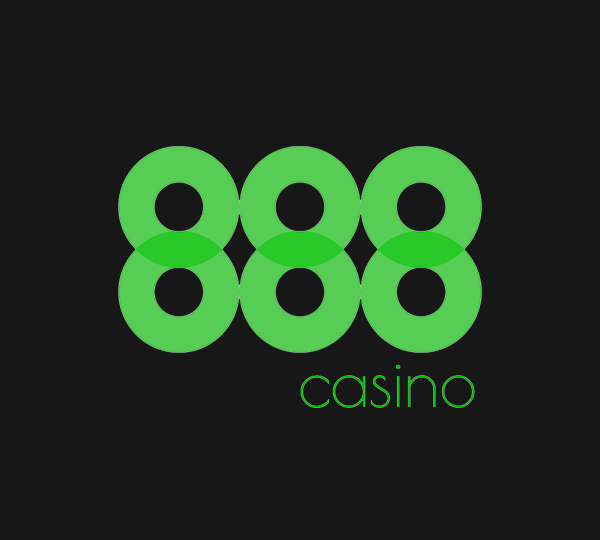In poker, the term “house” refers to the casino or cardroom hosting the game. It’s no secret that the house always has an advantage in gambling, but why is this the case? In poker, the house edge is achieved through various methods, including using a rake, tournament fees, and built-in odds. In this article, we’ll delve into the specifics of how the house maintains its edge in poker.
Tournament Fees
The house generates revenue from tournament fees. In a tournament, players pay a fee to enter, and the house takes a percentage of this fee as its profit. For example, if a match has a $100 buy-in and a 10% fee, the house would make $10 from each player who enters; this is why you can’t win at online casinos in the long run.
The Rake
One way that the house maintains its edge in poker is through the use of a rake. A rake is a small percentage of the pot that is taken by the house as a fee for hosting the game. For example, a typical rake might be 5% of the pot up to a maximum of $5. This means that if the pot is $100, the house will take $5 as its fee. While this might not seem like much, the rake can add up over time, especially in high-stakes games or for frequent players.
Built-in Odds
 Another way the house maintains its edge in poker is through the built-in odds of the game. In most poker games, the house has a slight statistical advantage due to the way the cards are dealt. For example, in Texas Hold’em, the house has a slight edge because participants must use both their hole cards and three of the five community cards to make their hands. This means that the house has a better chance of making a winning hand than the players do. Although odds vary from game to game, in general, the house always has a slight edge over players. While it might seem unfair that the house always has an edge in poker, it’s important to remember that gambling is a business, and the house needs to make a profit to stay in operation.
Another way the house maintains its edge in poker is through the built-in odds of the game. In most poker games, the house has a slight statistical advantage due to the way the cards are dealt. For example, in Texas Hold’em, the house has a slight edge because participants must use both their hole cards and three of the five community cards to make their hands. This means that the house has a better chance of making a winning hand than the players do. Although odds vary from game to game, in general, the house always has a slight edge over players. While it might seem unfair that the house always has an edge in poker, it’s important to remember that gambling is a business, and the house needs to make a profit to stay in operation.
By understanding the ways in which the casino maintains its edge, players can better manage their expectations and make informed decisions about their play. However, it’s worth noting that skilled players can still come out ahead even in the face of the house edge; it just takes a bit of strategy and luck.





